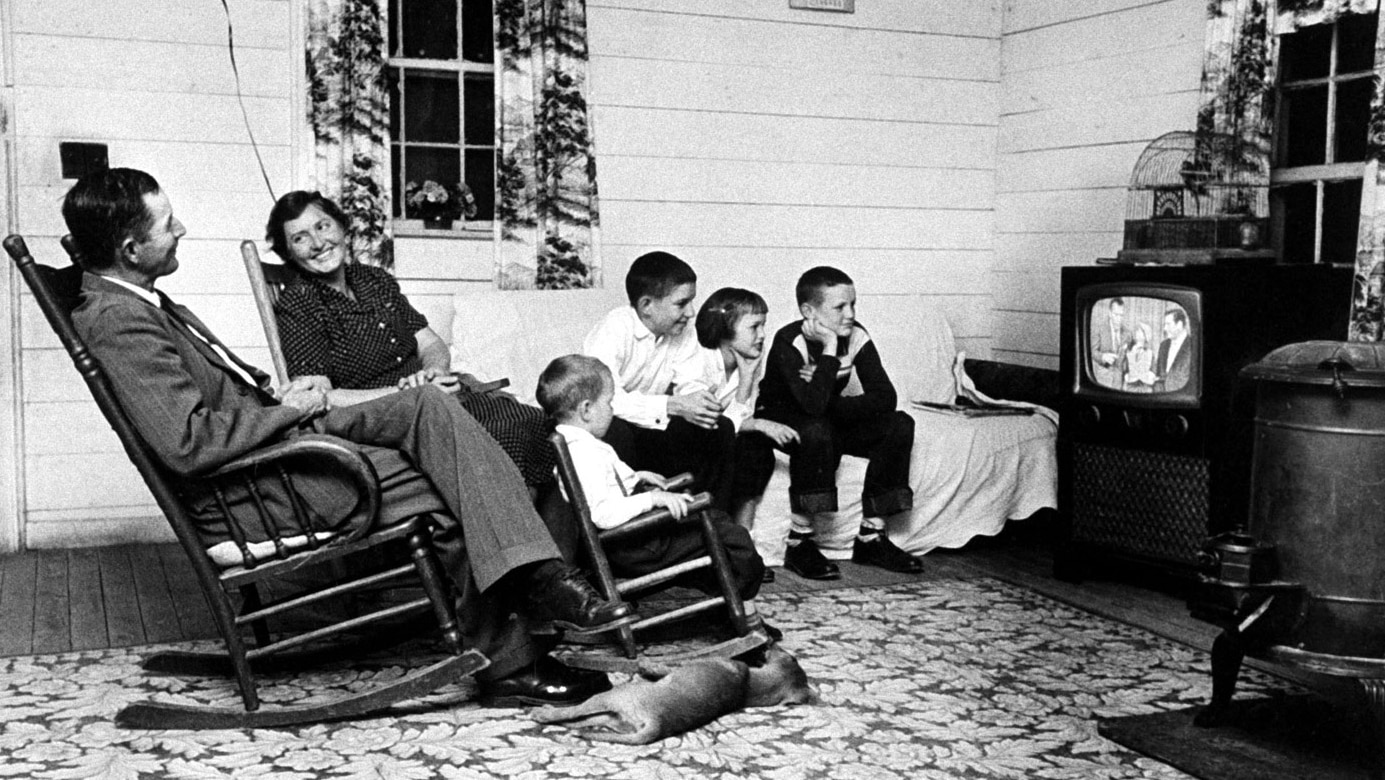The New York Times newspaper has an outdoors column called “Wood, Fish, and Stream,” and on one occasion the author of the column received a letter which said, “Would you tell where I could find a place to fish that is not more than five or six miles from my house in Queens? I am 14 years old and have saved up enough money to buy a rod, reel and line, but do not know where to go fishing. My father sometimes goes with other men, but he’s too busy for me, so I have to find a place I can reach on my bicycle or the subway.” Feeling sorry for the boy, the columnist decided to send the letter to the boy’s father, along with a cover letter. The father wrote back to the columnist, saying, “You handed me quite a wallop in your letter, but I’m glad you did; I’m actually sorry you didn’t hit me harder and sooner. When I think of the opportunity I might have lost, it frightens me. As you can imagine, I now have a new fishing companion, and we’ve already planned a busy spring and summer. I wonder how many other fathers are passing up similar opportunities?” (Bausch, Storytelling the Word, p. 215). Thanks to the intervention of a newspaper columnist, that particular father was able to renew and strengthen his relationship with his son. God wants all our stories to have similarly happy endings. As the Feast of the Holy Family reminds us, true family life means having time for God and time for one another.
Mary and Joseph not only made time for Jesus in the routines of daily life in Nazareth; they also raised Him in the fullness of their Jewish faith. They encouraged their Son’s thirst for truth and knowledge and prayer, and this helped the child Jesus become aware of His unique relationship with God the Father—so much so that Mary and Joseph were caught off guard when Jesus remained behind in the Temple after the Passover feast. When they finally found Him after three days of searching, Jesus was very open and trusting in His explanation: “Did you not know that I must be in My Father’s house?” Nevertheless, He went back to Nazareth with His parents; not only did He continue to grow in wisdom and grace, but so did Joseph and Mary. The three of them centered their lives around God and around each other. The Lord hopes that all of us will choose to live in this same generous spirit. Over 1000 years before the birth of Christ, a faithful woman named Hannah was distressed because she was childless; for devout Jews, that was considered a misfortune and an occasion of sorrow. A priest at the Temple named Eli consoled her and promised to pray for her, and in fact she and her husband were then blessed with a son. As an expression of love for their child and love for God, they presented the boy to Lord—and Samuel, as he was named, grew up to become a great and important prophet. The more we make room in our lives for God, the greater and more wonderful the results. St. John speaks of our unity with God and with one another, and this unity exists because God has blessed us by making us His children. Children have a need for other people, and a natural openness to God. These characteristics should be part of our lives, especially within our families. We’ll never have enough time for everyone and everything, so we have to make choices. Only if God and our families are on the top of that list do we have the proper priorities.
I was once counseling a man who admitted that he didn’t spend enough time with his young son; the boy wanted to do things with him, but he was always too busy watching sports on TV or going out with his friends. I asked him, “Would you give your life for your son?,” and the man answered in all seriousness, “Yes, I would.” I told him, “I believe you . . . but the question I have for you is this: if you’re willing to make the ultimate sacrifice for him, why aren’t you willing to give him just a few hours every week? Your son doesn’t think about whether or not his dad would die for him; he doesthink about the fact that his dad is always too busy for him.” I don’t know if these words really hit home and made a difference in that man’s life; I hope so. I firmly believe that many of the problems in our society exist, or are worse than they have to be, precisely because people don’t devote enough time to their families and enough time to God.
God created us with a need for Him and one another; the more we ignore this underlying reality of our human nature, the more things will go wrong—and all of these self-made problems and disappointments will catch up with us sooner or later. When we’re on our deathbeds, it’s very unlikely we’ll think to ourselves, “I wish I had spent more time making money; I wish I had worked more overtime; I wish I had devoted more time to watching TV; I wish I had spent more time partying and having fun; I wish I had wasted more time on unimportant things.” No, if we have deathbed regrets, they’ll likely revolve around our relationships with God and the people in our lives, especially our family members. These types of regret can be the most painful—and Jesus wants us to be spared from this kind of sorrow.
The beginning of a new year is a wonderful opportunity to look at our lives in all honesty, to decide if things really are the way they should be, and to ask for God’s help in making any necessary changes. I’d invite you to consider this experiment: for a one-week period, keep track each day of how much time you spend with God in prayer and at Mass, and how much time you spend with your family in things that allow you to pay attention to them (which means watching TV together doesn’t count). At the end of the week, total up the hours and minutes, and see if you’re satisfied with the results. If not, ask the Lord for a suggestion on how to change your routine or improve the situation, and then act upon whatever idea or opportunity He sends. In terms of the big picture, you can usually get a different job if you need to, you can always start a new hobby or pastime later in life, and you can actually get by without many of the things you consider important. God and your family are irreplaceable, and that’s why they’re supposed to be central—and it’s impossible for any of us to grow in holiness unless we accept and live by this truth.








